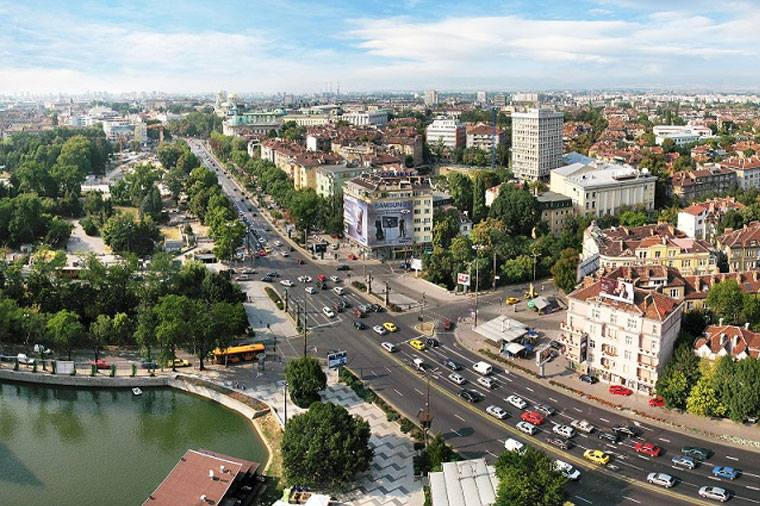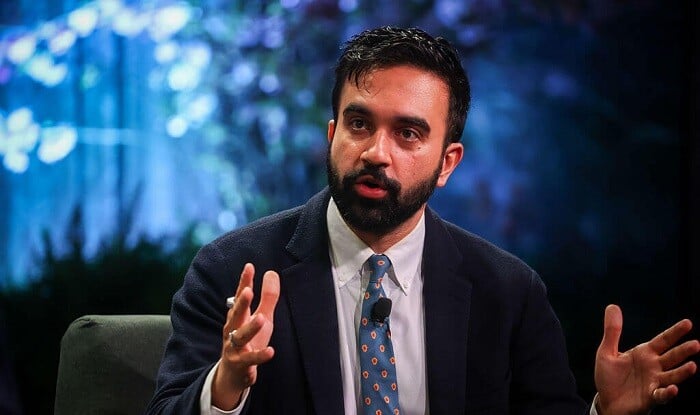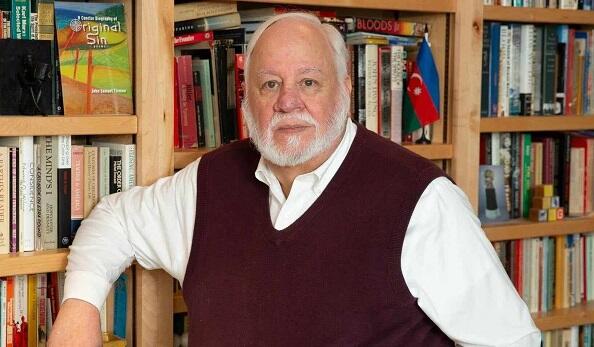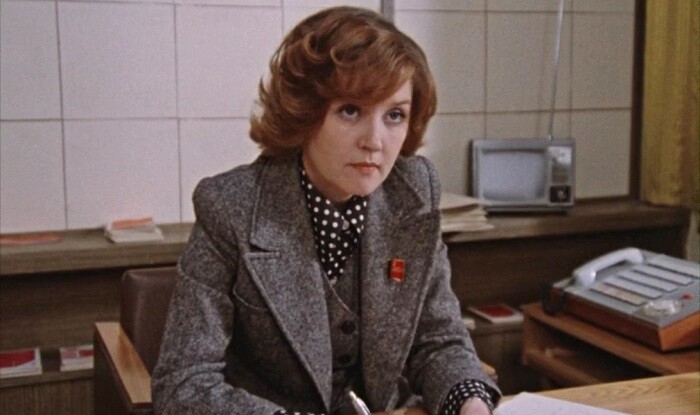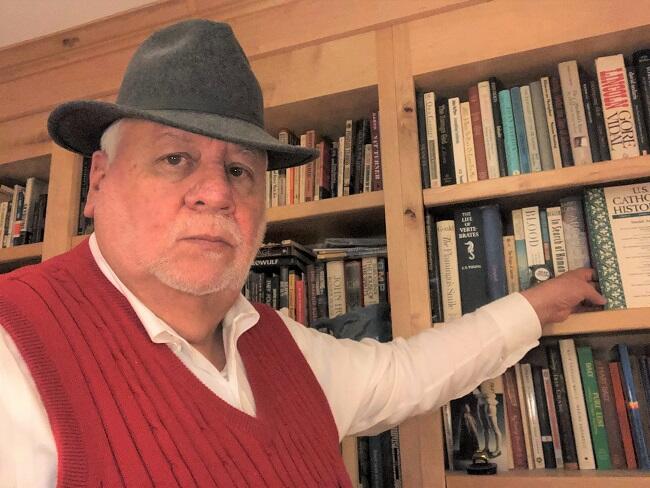Axar.az presents an article "Cynicism And Acid Rain " by John Samuel Tieman.
Do you know what people want from politics? They want a stable relationship. They want the norms of civic engagement. That's why we have the Constitution. That's why we have the norms of functioning governance.
The idea of a social contract has been around since the 1600s. It's pre-Freudian. Locke and Rousseau argued that we gain civil rights in return for accepting the obligation to respect and defend the rights of others. It's a relationship. To those Enlightenment thinkers, that contract was founded largely upon reason. I would update it to include the emotions. Why? Because democracy is one form of relationship. And cynicism can kill a relationship.
We live in an era of profound cynicism. How many times have you heard something like this? “Our system is unable to do what is best for its citizens. That's because politicians are dishonest, immoral, untrustworthy, selfish, incompetent, and out of touch.” Cynicism is like acid rain on an outdoor sculpture. At first, the corrosion is barely noticeable. Eventually, the sculpture starts to erode, becomes dull, and turns black. Then it just becomes amorphous, a clump of rock that vaguely traces its former grace.
Cynicism is easy. Falsehoods abound these days. Such falsehoods open a person, and indeed the electorate, to all manner of cynicism. Consider the following “alternative facts”. Trump won the 2020 election. Hillary ran a child trafficking ring out of a pizza joint in the capital. There's “the deep state”, an evil ensemble of Democrats, spies, Blacks, Jews, socialists, Muslims, immigrants, criminals, and an international cabal of Satan-worshiping pedophiles. Then there's this, my favorite “alternative fact” – at one time, 12 million Americans believed the government was run by shape-shifting reptilians. It's easy to be cynical about all that.
Relationship is hard. Democracy is difficult. One of the essential demands of a functioning democracy is a balancing act, loyal opposition. We see the other as fully human, someone with concerns that are worthy even if we oppose the policy proposed. But beyond the immediate debate, we all are loyal to the Constitution, and to the norms of governance. Cynicism sees deception where there is only opposition. It despairs over simple disagreement. Cynicism, at its worst, can make the social contract almost impossible.
Perhaps the simplest explanation of cynicism is that it is a defense against disappointment. Democracy is always a disappointment. No one gets everything they want. Compromise insures disappointment. Inclusion ensures disappointment. Implicit in the social contract is the imposition of a level of conformity that, while uncomfortable, ensures things like safety. Ever been stuck in traffic while, on the other side of the yellow line, that lane is empty? Perhaps life's greatest compromise is that we spend a great deal of time doing, for the sake of harmony, tasks other people ask of us.
Cynicism is a defense. A psychologist would call it a reaction formation. Someone feels vulnerable, needy. Rather than dealing with those emotions, the person dismisses or trivializes the entire relationship that causes the pain. This defense protects the cynic from dealing with emotions directly. It's also a kind of circular trap. The cynic is disappointed, but, rather than addressing the disappointment, the person dismisses the entire relationship that causes the disappointment. In doing so, the cynic places himself or herself in a position that precludes future engagement, thus assuring further disappointment.
Cynicism is easy and dismissive. Democracy takes work and engagement. Perhaps politics is best done when we think about what could be justified to others. It follows that what can be justified is that to which the other could not reasonably reject. Put a different way, the value of politics rises out of relatedness, a relatedness that includes, among other things, fairness, responsibility, mutual justification, and mutual criticism. Cynicism breaks this social contract. Nowhere is it written that for personal comfort was the Constitution written. Personal pleasure and self-fulfilment are not the primary bearers of democratic value.
Our nation depends upon the democratic engagement of an informed electorate. The country depends, put simply, on our relationship with it. Cynicism is corrosive. The republic may not die from it, but it certainly withers with cynicism. Democracy is diminished. Let me put it this way. Do you know why America is great? The United States isn't great because of capitalism. The United States isn't great because of democracy. The United States isn't great because it's a republic. The United States is great because it's united.
















